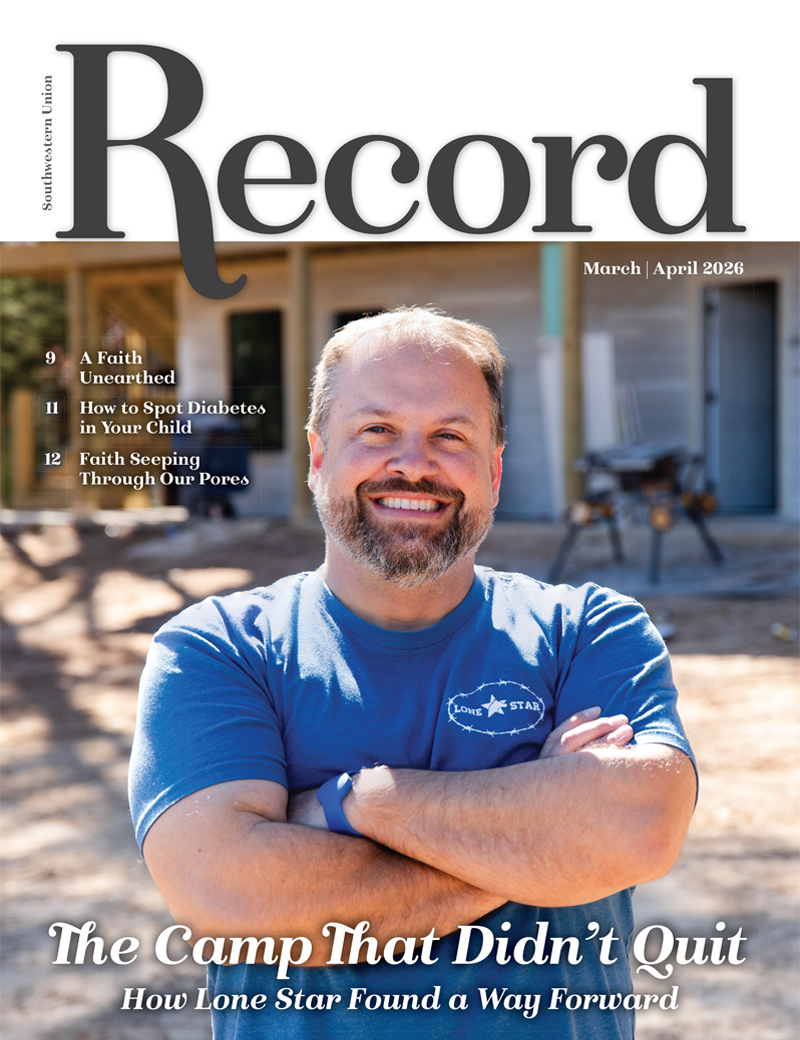Support Along the Journey

The Oxford dictionary defines wholeness as “1. The state of forming a complete and harmonious whole; unity. 2. The state of being unbroken or undamaged.” I both like and dislike this definition. I like it when I purchase items; I desire these items to be whole, complete, with all the parts and pieces in working order. I dislike this definition when it comes to life. My life and the lives around me are not always complete and harmonious.
I like the definition that a recent nursing graduate shared with me. Wholeness, they said, is “being satisfied in your situation, knowing that you have done all that you can do.”

It is easy to think that the stress others face is not as great as the stress that you face. Students face papers, tests, clinicals, labs, tuition, grades, relationships, health issues, social media, career planning and lack of reliable transportation, as well as societal issues like equality, poverty and justice.
Increased stress may cause students to become moody or to withdraw from peers, classes, work or other activities that they would normally consider important. Some will sleep too much while others will not sleep at all.
To help integrate wholeness into student life, Southwestern Adventist University offers the course, “Wellness for Life.” It is based on AdventHealth’s CREATION Life model: Choice, Rest, Environment, Activity, Trust in God, Interpersonal Relationships, Outlook, Nutrition. Additionally, family and church members can help students by listening, encouraging, including and modeling. If you have a college student in your life or want to reach out to one in your church, consider these tips to support and encourage these young leaders along their journey.

Become acquainted with students. Get to know your students by name and find out what school they attend. Find out when their birthday is and remember to wish them happy birthday and celebrate their accomplishments and graduations.
Ask how students are doing and really listen. Listen to their stories, concerns, joys, fears and dreams. Avoid downplaying their fears or diminishing their concerns. Please don’t tell them how rough it was when you were younger. Their challenges may differ widely from yours, but they are their real struggles.
Encourage their dreams and goals. Send an occasional text, email, or better yet, an old-fashioned letter with an encouraging note. Maybe add a $10 bill (this buys two meals at Taco Bell). If you know of a student struggling to pay their school bill, help pay some or all of it.

Include students on church planning committees. Engage them in the “ins and outs” of church leadership. Actively seek their ideas and support their creative endeavors in ministry. Be a spiritual guide and a mentor they can rely on.
Live an authentic life that reveals that wholeness does not imply that life has no stresses or struggles, but that in the stresses and struggles, your wholeness is dependent upon your trust in God. Share how you can be grateful during difficult times. Help them discover gratitude in their lives.
May God guide us as we care for our young men and women as they become the leaders of today and tomorrow. May we show them the love and grace that God has shown us.
By Russ Laughlin, Southwestern Adventist University Vice President for Spiritual Development


